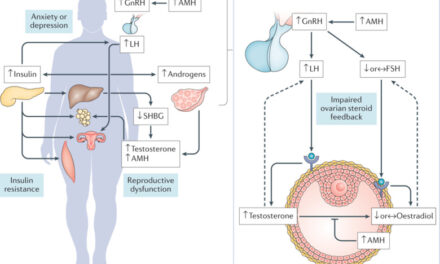Amid a record-breaking year for dengue infections globally, a groundbreaking study has identified climate change as the cause of 19% of the rising dengue burden. The findings, presented at the annual meeting of the American Society of Tropical Medicine and Hygiene (ASTMH) in the US, warn of an even grimmer future, with a potential 40-60% spike in dengue cases by 2050 — and as much as a 150-200% increase in certain regions.
Record Dengue Outbreaks in 2024
Globally, dengue has surged to unprecedented levels. In the Americas, nearly 12 million cases were reported in 2024, a dramatic rise from 4.6 million in 2023. Locally acquired infections have been confirmed in new areas, including California and Florida, signaling the disease’s expanding reach.
India, too, has faced a significant spike in dengue cases this year, underscoring the disease’s intensifying grip across tropical and subtropical regions.
The Climate-Dengue Connection
The study, conducted by researchers from Stanford and Harvard Universities, is the most conclusive evidence yet linking climate change to dengue’s global surge. Examining data from 21 countries across Asia and the Americas, the researchers established a direct relationship between rising temperatures and increased dengue infections.
“We found that climate change is already a significant threat to human health, and for dengue in particular, the impact could worsen dramatically,” said Erin Mordecai, an infectious disease ecologist at Stanford’s Woods Institute for the Environment.
Dengue thrives within a temperature range of 20 to 29 degrees Celsius, a range that is expanding as global temperatures rise. Countries like Peru, Mexico, Bolivia, and Brazil, now entering this transmission “sweet spot,” are projected to face infection increases of up to 200% by 2050.
Health and Policy Challenges
Dengue presents severe health challenges, with symptoms ranging from mild fever to debilitating joint pain — earning it the nickname “breakbone fever.” Severe cases can cause internal bleeding and shock. With no specific antiviral treatment available and limitations on the effectiveness and adoption of existing vaccines, prevention remains the primary strategy.
The study emphasizes that aggressive action to curb global warming could mitigate the crisis. Regions facing a projected 60% increase in infections by 2050 could see the rise curtailed to 40% with substantial emissions reductions.
However, even under the most optimistic climate scenarios, 17 of the 21 countries studied would still experience climate-driven increases in dengue cases.
A Call to Action
The study’s authors urge global leaders to address the dual challenges of climate change and public health. Reducing emissions could temper dengue’s spread, but comprehensive strategies, including improved mosquito control, public health campaigns, and vaccine innovations, are essential to counter the growing threat.
As the world grapples with escalating climate impacts, the rise of dengue serves as a stark reminder of the interconnectedness of planetary and human health.











